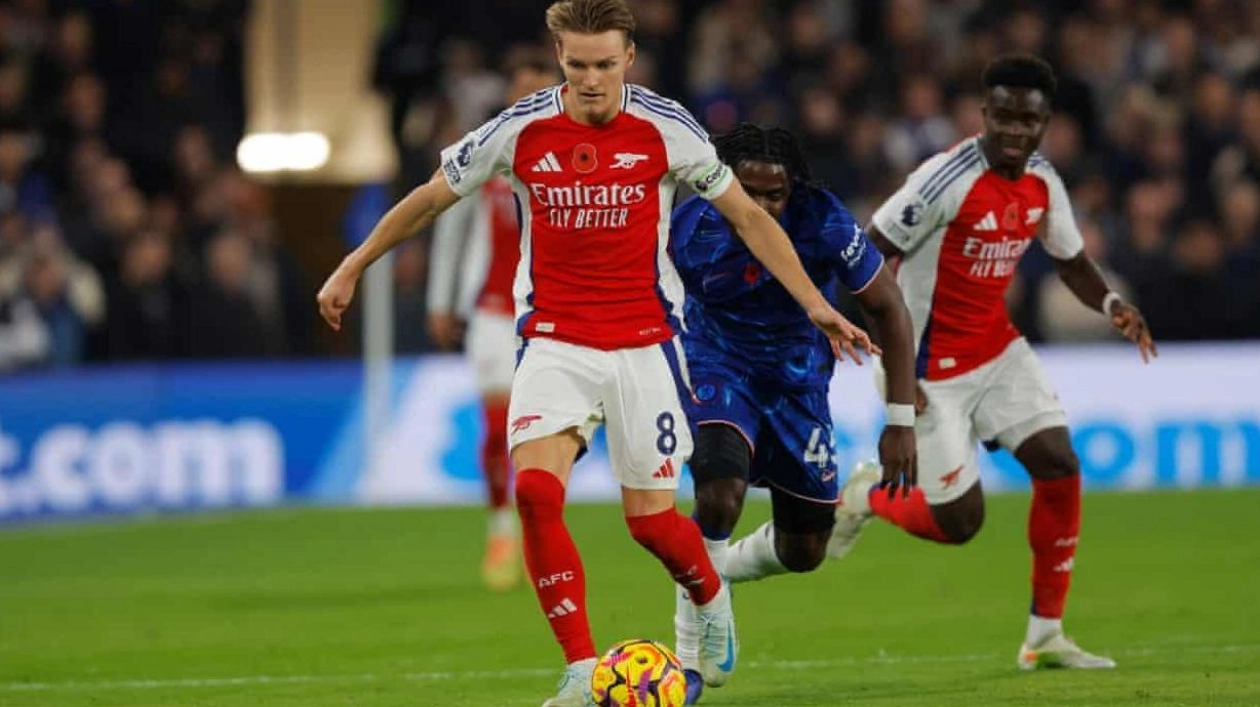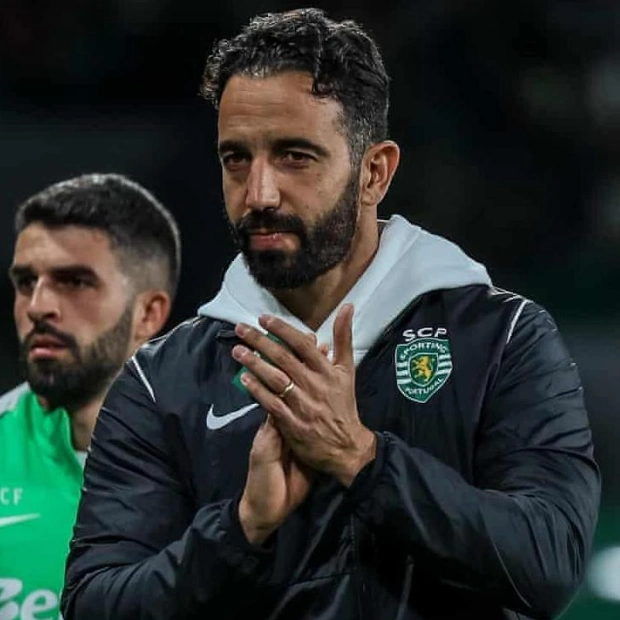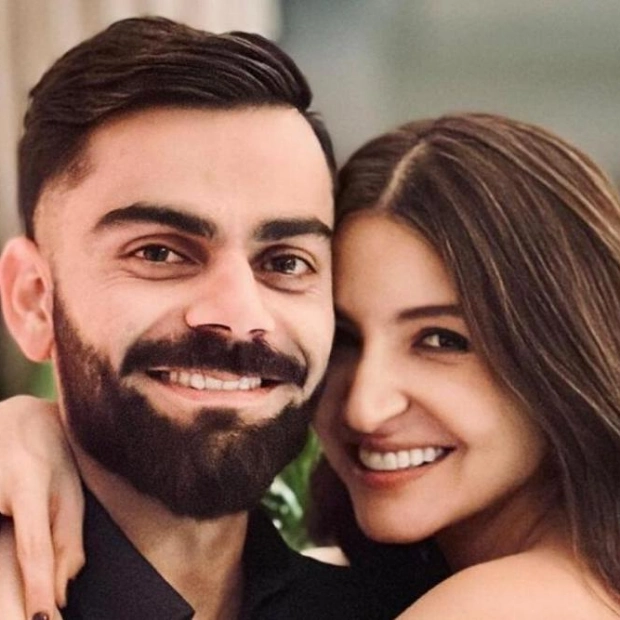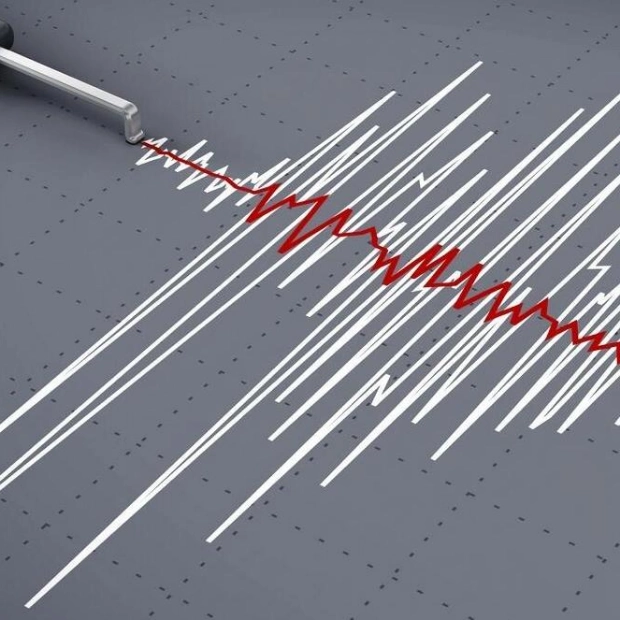Moments before the final whistle at Stamford Bridge, as Leandro Trossard narrowly missed connecting with a low cross from Jurriën Timber, Mikel Arteta was seen rolling on the touchline like a playful labrador puppy. Despite his immaculate appearance in a buttoned black anorak and flawless hair, Arteta's public display of agony over such close margins might have subtly altered the narrative, seeking a prominent spot in the montage of this tight, bruising 1-1 draw.
Arsenal had one major positive and one major negative to take away from this match. On the positive side, Martin Ødegaard returned to the starting lineup, played the full 90 minutes, and significantly improved the team's performance. On the negative side, there's only one Ødegaard. There's no other player with his unique blend of craft and control waiting in the wings. His impact, even in a half-fit state, will likely lead to some regrets.
There's a tendency to overstate Ødegaard's importance, likening his return to that of Aslan in the winter kingdom, with crocuses blooming at his feet and butterflies nestled in his well-groomed mane. His presence brings joy, but his transformation in control, fluency, and passing angles also raises questions for Arsenal's supporters. Why do we need an Aslan again?
Ødegaard created the opening goal, an unusual moment where he seemed to take the ball in a blind position, too close to the Chelsea defense. Yet, his restless intelligence with his left foot allowed him to wait a beat and then loft a back-spun pass into a pocket of space, suddenly filled with two overlapping Arsenal players. Gabriel Martinelli seized the opportunity to smash the ball into the near post, a slightly odd goal that seemed to unravel the game's structure.
This was Arsenal's first away league goal from open play since August against Aston Villa and their first away league goal of any kind since September against Manchester City. The correlation with Ødegaard's absence as the team's on-field brain is clear.
While Arsenal improved, they were still recovering, primarily aiming to stop the bleeding. Stamford Bridge, with its damp, misty atmosphere, added to the sense of an angry, trapped rage that persisted throughout the match. Malo Gusto's inverted full-back position was the highlight of the first 20 minutes, drawing much touchline excitement.
The game was marked by intense anger whenever players stopped for a head injury, and Enzo Maresca's brief step outside his chalk rectangle sparked mass pitch-side rage. Chelsea's Marc Cucurella handled Bukayo Saka well, but Arsenal had Ødegaard, providing an alternate point of attack. He was effective, leading the press and bringing a sense of calm, like a rising star in a magic circle accountancy firm with the feet of a high-precision Nordic football pixie.
Ødegaard made four key passes, twice as many as anyone else, and contributed to tackles, blocks, clearances, and fouls. He's a versatile footballer, capable of cooking a seven-course taster lunch while scrubbing pans and controlling lights and music.
Pedro Neto's brilliant equalizer for Chelsea, skimming into space at high speed and smashing a low shot into the corner, highlighted Arsenal's need for Ødegaard. His presence lifts the team's performance, making the game easier and more orderly. Despite ground lost and time wasted, there's still time to fix it, but the level of dependence on Ødegaard remains a concern.
Source link: https://www.theguardian.com






